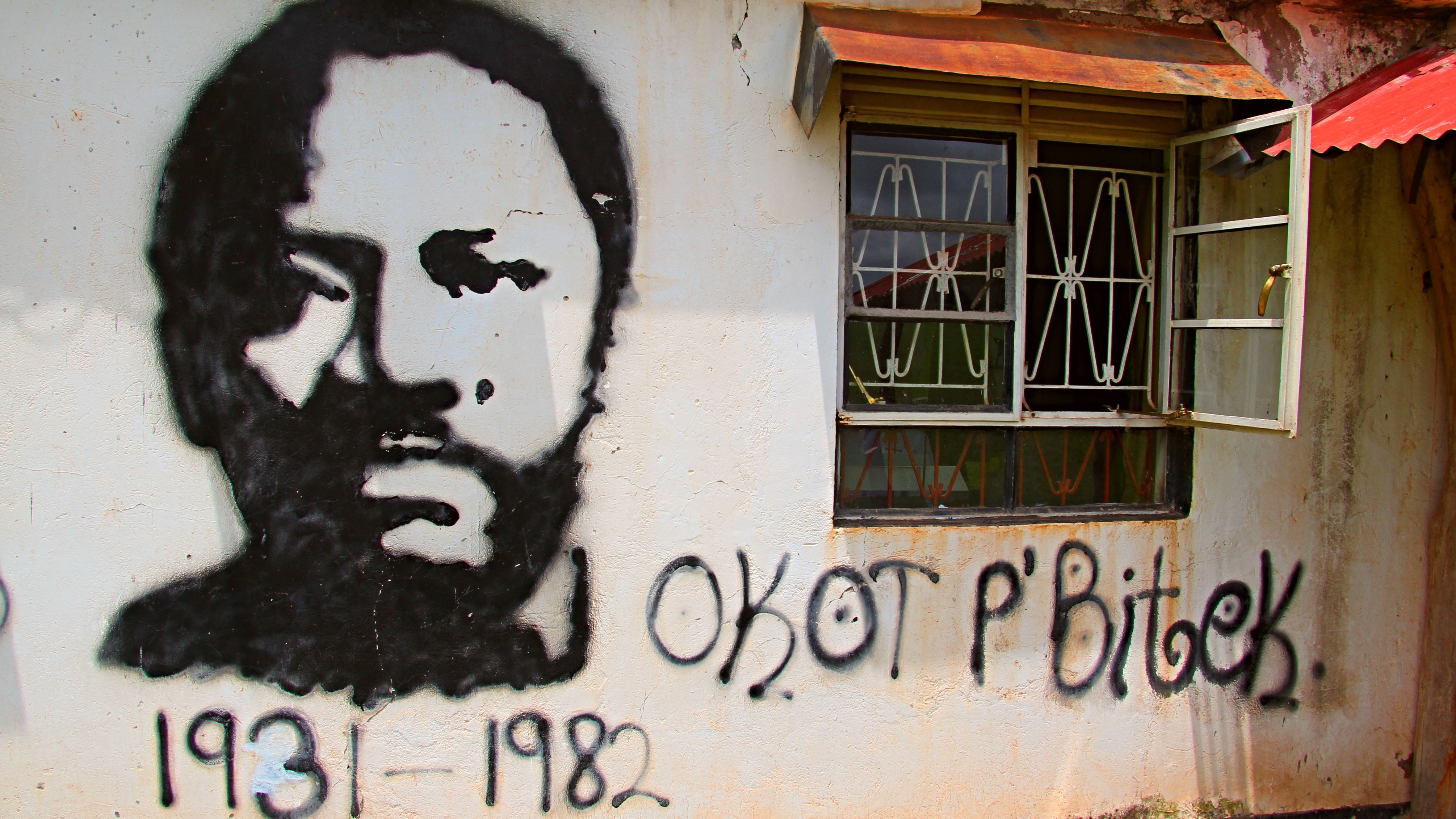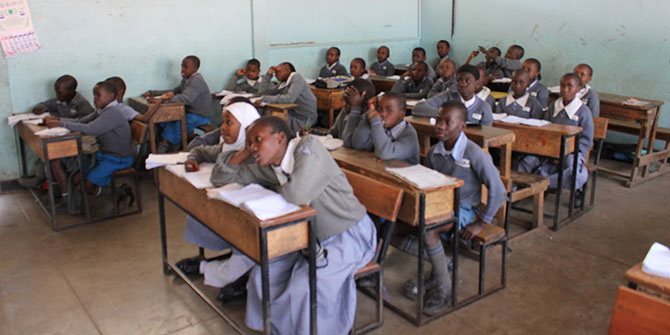LSE’s Sarah Osembo relates her motivations for co-founding a school in Kenya’s Rift Valley.
The role of education in development, especially for third world countries, cannot be overemphasized. Beyond basic numeracy and literacy, education provides a means through which people can connect and compete with the world; a chance to be at par.
Kenya’s education system, known as 8-4-4, consists of 8 years in primary school, 4 in secondary school and a final 4 years in university. While the 8-4-4 curriculum is based on a wide range of subjects, ranging from Mathematics to Social Studies, it focuses more on instruction and less on critical thinking. The main goal of parents, students and teachers is to pass national examinations. Two main concerns arise: first, there is likelihood that those who pass the exams are not necessarily the brightest, but those who recollect answers best. Those who think differently, who question the validity of what has been taught and thus have innovation and creativity potential, may slip through the system. Because advancement to the next education level is based on the national examinations, anyone left out has little chance to develop their skills to the maximum potential. Secondly, too much focus on passing exams subconsciously gears students to white collar careers and diminishes the importance of co-curriculum activities such as sports.
The world is changing, and so must education in Kenya if the country is to realise her development ambitions. Science, Technology, Engineering and Mathematics (STEM) are driving the future and there needs to be greater focus on developing local skills capable of dealing with local problems and engaging with global affairs. Poverty is not so much a determined destiny but something that can be changed with specific engagement, including modifying 8-4-4 to focus on STEM. Furthermore, students need to be taught entrepreneurship skills, such as basic book keeping and how to develop websites and business plans, to counter unemployment. From the co-curriculum perspective, Kenyans usually excel in both traditional and non-traditional sports such as distance running, skiing, javelin and football. It therefore makes utmost sense to place an emphasis on sporting careers as an alternative to white collar jobs.
It is for these reasons that the Angani School was founded in Kenya by two students from the LSE. With the help of curriculum and technology experts, the school has tailored 8-4-4 to focus more on STEM subjects. The school also introduces young students to tennis, provides them with necessary training, nutritional information, physiotherapy services and sporting facilities necessary to develop future champions. We chose tennis because it is a sport that teaches confidence, stamina, critical thinking and builds character – skills that we want our students to possess. It is also a sport that the co-founders are passionate about and want to develop in Kenya. Only one player in Kenya’s tennis history has ever reached the ATP top 100. Angani School wants to change that. Our vision is to create tennis and STEM champions that will be at the forefront of creating and innovating practical solutions to Kenya’s problems.
Sarah Osembo is a co-founder of Angani School and has just concluded a Masters in International Development and Humanitatarian Emergencies at LSE. You can support the school by making a contribution to their Indiegogo crowd funding campaign.






Great ideas. Definitely the way to go for Kenya and Africa. It’s time to tap into our creative minds and maximize our potential. Keep it up!